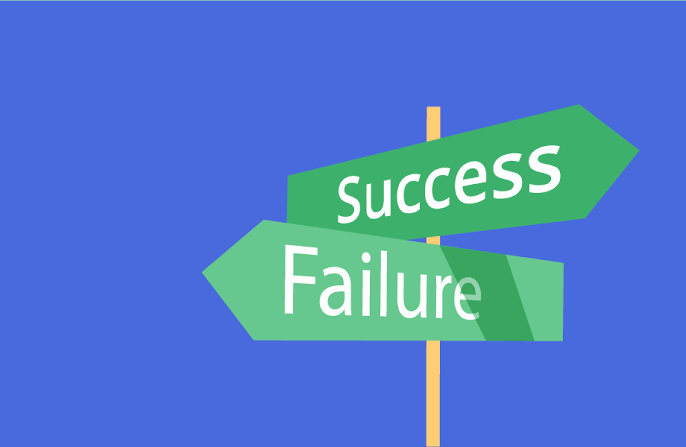A new study suggests that this 15-minute weight loss strategy is the most effective way to slim down your waistline. Here’s how to stay motivated to lose weight.
You have been told that keeping track of what you eat and drink is one of the most effective ways to lose weight. But many people often neglect to do this despite its effectiveness. That said, we can’t deny that fact that sticking to a diet day in and day out can eventually wear your nerves out, which may make you give up on your weight loss goals, at worst. However, there are a number of strategies to help you stay motivated and on track. According to a new study, monitoring your diet takes just 15 minutes a day, suggesting it may not be as difficult as you think. The study, which involved six months of monitoring dietary intake as part of a weight loss program, found that participants who lost weight spent an average of just 14.6 minutes per day on the activity. This indicates that eliminating that stubborn belly fat may not be as much effort as you might have thought.
Can this 15-minute weight loss strategy really help you lose belly fat?
For the study, the researchers look at dietary self-monitoring habits of 142 people who were overweight or obese and took part in an online behavioural weight loss program. The participants in the study met weekly for an online group session led by a trained dietician for 24 weeks. They also recorded the calories and fat for all foods and beverages they consumed, as well as the preparation methods and the portion sizes. The findings, published in the journal Obesity, revealed that those who lost the most weight didn’t spend more time tracking their diet compared to those who lost less weight. “People hate it; they think it’s onerous and awful, but the question we had was: How much time does dietary self-monitoring really take?” study lead author Jean Harvey, chair of the Department of Nutrition and Food Sciences at the University of Vermont, said in a statement. “The answer is, not very much.” The researchers believe the results will motivate more people to try dietary self-monitoring. “It’s highly effective, and it’s not as hard as people think,” said Harvey, who also noted that apps to track food intake are widely available. As per the researchers, this study is the first to quantify the amount of time that dietary self-monitoring actually takes for those who successfully lose weight. The study was carried out by the researchers at the University of Vermont and the University of South Carolina.
Weight loss motivation tips and tricks
Lack of motivation can hinder your efforts to lose weight. The following tips can help you stay motivated to reach your weight loss goals faster.
- Clearly define your goals for weight loss and write them down.
- Ensure that your motivation to lose weight comes from within and is driven for long-term success.
- Set realistic fitness goals and expectations that will help boost your achievements and prevent burn out.
- Choose a meal plan that is healthy and easy to stick to in the long run. Avoid extreme calorie-restriction or quick fix diets, which may contribute to gaining belly fat.
- Include physical activity in your daily regime- try finding an exercise you enjoy and can be included in your routine. Regular exercise helps you burn calories and improves your well-being.
The bottom line is that staying motivated is one of the most important steps to help you reach your weight loss goals.
Disclaimer: All information, data and material has been sourced from multiple authors and is for general information and educational purposes only and are not intended to replace the advice of your treating doctor. The views and nutritional advice expressed are not intended to be a substitute for conventional medical service. If you have a severe medical condition or health concern, see your physician.





